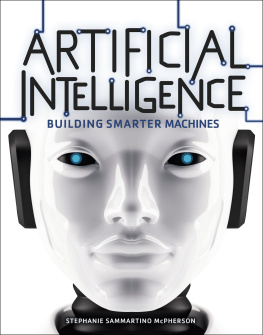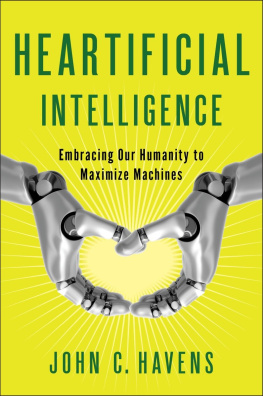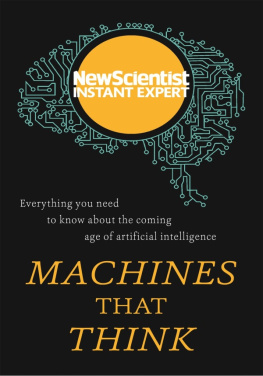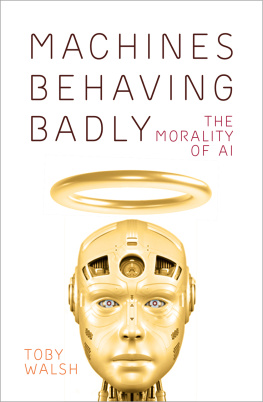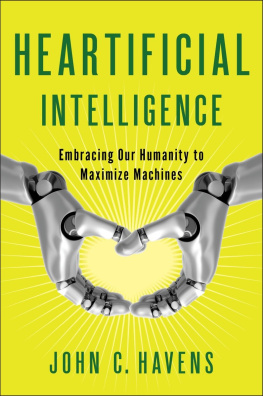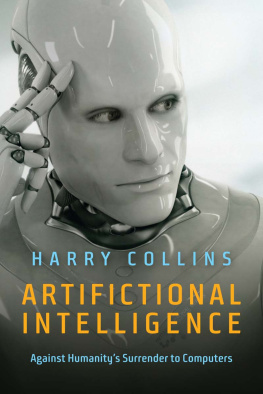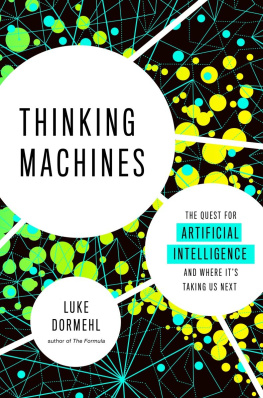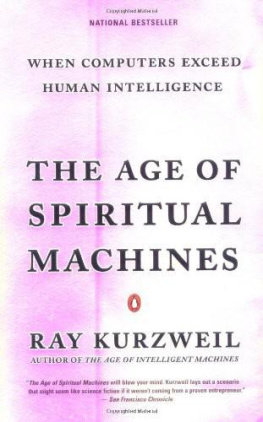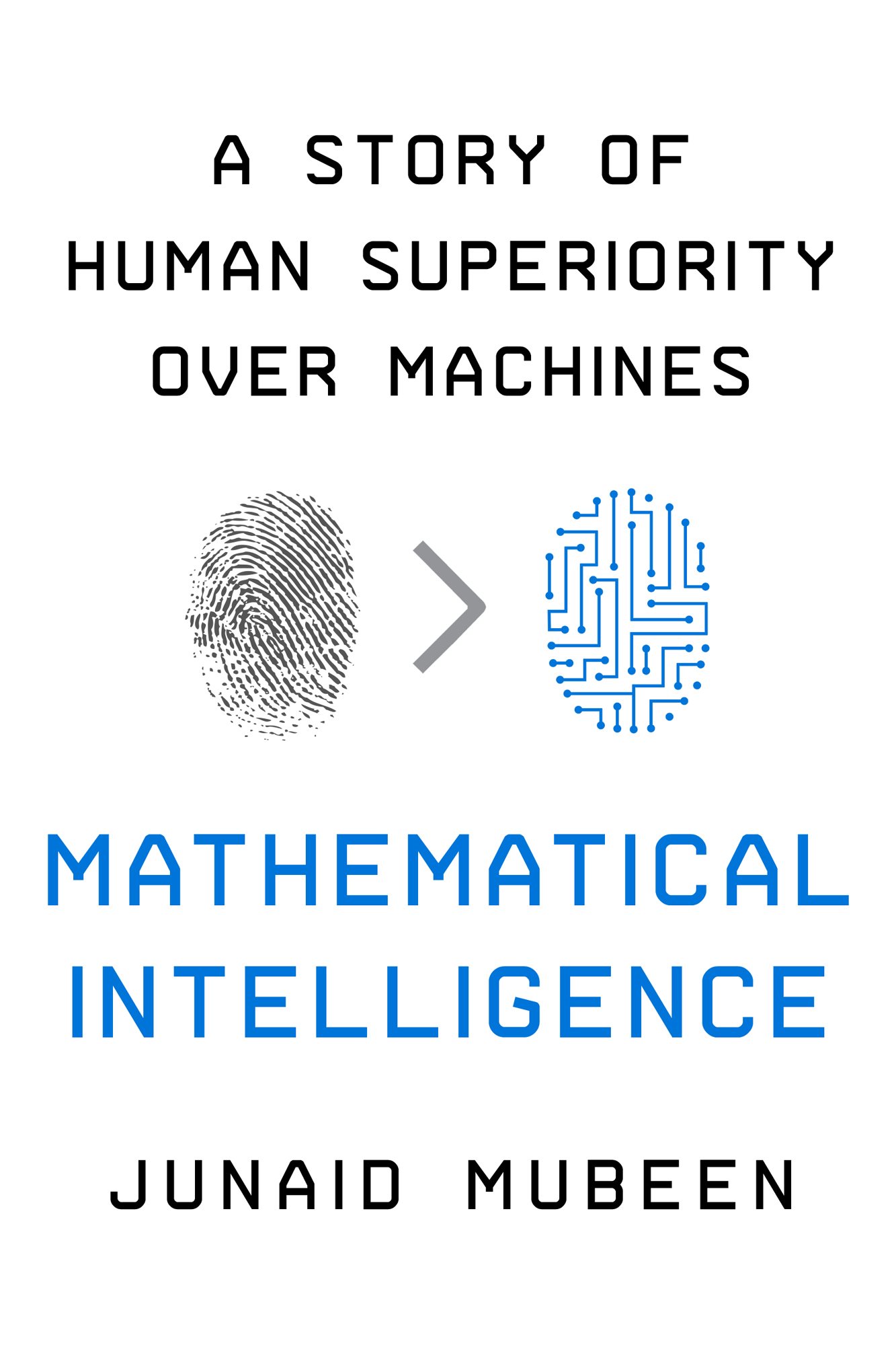Contents
Guide
A Story of Human Superiority Over Machines
Mathematical Intelligence
Junaid Mubeen
For Leena,
my pride and my joy.
ACKNOWLEDGEMENTS
Acknowledgements are inadequate. Every person mentioned here has my heartfelt gratitude for helping me turn a vague concept into an actual thing. Any shortcomings are my own.
My agent, Doug Young, elevated my ambitions for what this book could become. He has been a strong advocate and guiding hand throughout.
Ill never forget my first conversation with Helen Conford because it was the first time I felt validated as an aspiring author. Ill always be grateful for the chance she took in bringing me to Profile. Ed Lake, Paul Forty and the whole editorial team have worked their magic to polish and fine-tune the rough manuscript that was presented to them.
Several friends and colleagues vetted early drafts: my thanks to Keith Devlin, Shameq Sayeed, Steve Buckley, Roxana and Rares Pamfil (the golden couple!), Noel-Ann Bradshaw, Andrew Mellor, Lucy Rycroft-Smith, David Seifert and Ed Border. A special mention to Mohamady El-Gaby for sense-checking my neuroscience claims and helping me find my footing as I ventured far beyond my own areas of expertise. Thanks also to Taimur Abdaal for lending me a sketch or two.
Much of this book was written on Friday afternoons in coffee shops and Im thankful to my friend and former boss, Richard Marett, for granting me 10% time to indulge in this project during my time at Whizz.
I have seen mathematical intelligence in action every Sunday in the Oxford Maths Club. To every parent who has entrusted me with their childs maths development, and to every student who has taken to our courses with gusto, I am immeasurably grateful.
My wife, Kawther, is the unsung hero of this project. She has championed my work even when it was little more than scrawlings on a napkin. She also happens to be the literary talent in the family, and a ruthless editor to boot. Since the inception of this book weve grown ourselves a delightful family. Leena and Elias are my two greatest blessings in life; the book is dedicated to the former (next ones for you, lumps).
I NTRODUCTION THE CASE FOR MATHEMATICAL INTELLIGENCE
MIT, 1950s. The first wave of Artificial Intelligence is on the horizon. Marvin Minsky, one of the fields leading figures, proclaims: Were going to make machines intelligent. Were going to make them conscious. Douglas Engelbart, a peer of Minskys, retorts: Youre going to do all that for the machines? What are you going to do for the people?
Artificial intelligence (AI) researchers are nothing if not bullish about the prospects of their creations. The field kicked off in earnest in 1956 at a summer workshop held at Dartmouth College, New Hampshire, where the founding fathers of AI set out their vision in no uncertain terms. Intelligent machines, they believed, were to propel humanity into the next golden age of innovation by simulating every aspect of learning or any other feature of intelligence. The timeframe was bolder still: one summer was all they would need to break the back of AI.
Things turned out to be rather more complicated, as a summer of hype gave way to a succession of AI winters, with progress in the field largely stagnant for several decades. But if youve caught the headlines recently, youll know that AI is currently the subject of renewed hype. Between flagship triumphs in popular games, the growing presence of home assistants, and the coming of self-driving cars, the machines have resumed their rise.
We humans have distinguished ourselves from other species by inventing tools to help us solve our most challenging problems. And yet we may be complicit in our own demise because some of these tools have become so powerful that they appear to pose genuine threats to our ways of thinking and being. Studies of the growing threat of automation to human labour abound, while the so-called superintelligent machines of tomorrow may force us to re-examine what it even means to be human in the first place.
As we enter this new cycle of ratcheted expectations, hopes and anxieties around the latest wave of technological innovation, Engelbarts question should resonate loud and clear. We reserve such reverence for technology that we risk overlooking our own human capabilities. Machines lack some of the basic qualities of human thinking qualities we have sidelined through our mechanistic ways of schooling and working, and qualities that we need to urgently reawaken to thrive alongside our silicon counterparts.
As it happens, humans have through millions of years of evolution and thousands of years of continual refinement developed a powerful system for making sense of the world, for imagining new ones, and for devising and solving complex problems. This system has helped us create the economies that underpin our society. It has shaped our notions of democracy. It has spawned technologies that now stare us down, but the same system can equip us with the skills to tame these digital beasts.
The system has a name: mathematics.
What is mathematics, really?
Mathematics has been described as an art, a language and a science. For some, it is a means of unlocking natures secrets. As Galileo testified so eloquently: [The universe] cannot be read until we have learnt the language and become familiar with the characters in which it is written. It is written in mathematical language. This is mathematics as the language of the universe, the engine of scientific progress.
The scope of mathematics transcends our physical universe. Entire swathes of the subject are explored for their own sake, driven by the deep satisfaction that comes from dreaming up new concepts, piecing together ideas, and grappling with thorny problems. Many mathematicians seek out aesthetic qualities in their craft. The twentieth-century mathematician and philosopher Bertrand Russell spoke of the subjects supreme beauty a beauty cold and austere capable of a stern perfection such as only the greatest art can show.
From these varied motives, mathematics is often partitioned into two supposed types: there is applied mathematics, which, as the name suggests, is concerned with problems of the real world. Then there is the presumptively labelled strand of pure mathematics, which centres on more abstract concepts and rigorous arguments often removed from practical consideration. This separation is felt keenly at university, where maths students are expected to declare their allegiances before specialising in one area. I was of the pure persuasion. Yet, since leaving formal mathematics a decade ago, much of my work has been rooted in datasets and algorithms about as applied as it comes.
Having bridged the pure/applied divide, I have come to realise that it is an arbitrary and limiting way of characterising the subject. There is a commonality that binds mathematicians of all types. Without exception, we derive immense joy from tackling maths problems, a satisfaction akin to solving our favourite puzzles. Mathematics is even alleged to elicit the same physiological reactions as sexual activity (yes, really). Alongside that pleasure comes power; whatever branch of mathematics a mathematician happens to be probing, they are using the minds highest faculties and building a store of portable mental models that serve them in all parts of life.


